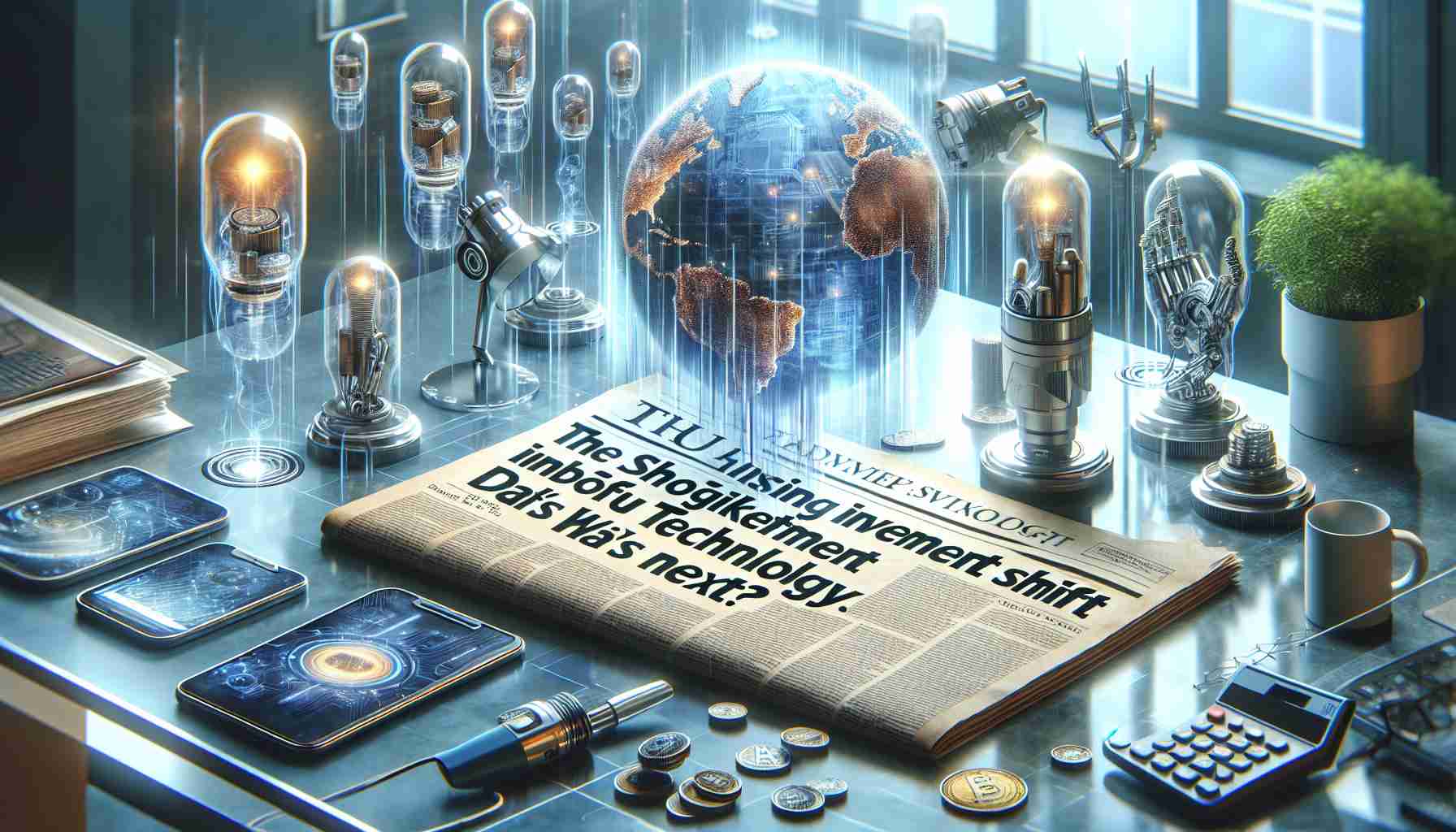Navigating Germany’s Energy Dilemma
Germany’s energy landscape is at a crossroads, confronting two intertwined questions: Is the nation facing an energy crisis, or is it merely enduring seasonal volatility? As autumn transitions into winter, probing these queries offers insight into current energy dynamics and future strategies.
Unraveling the ‘Dunkelflaute’
The phenomenon termed ‘Dunkelflaute’ refers to specific periods when solar and wind energy production plummets due to seasonal weather patterns. With dimmer days and calmer winds, renewable energy contributions see a noticeable decline, leading to increased reliance on fossil fuels to fill the gap.
Strategizing for Stability
To ensure consistent energy supply, Germany is enhancing its energy infrastructure. Expansion of storage capabilities and investment in green hydrogen technologies are part of a broader strategy to prevent overreliance on fossil fuels. These measures are designed to stabilize energy output during renewable shortfalls.
A European Solution: Energy Imports
Cross-border initiatives are gaining traction as a strategic solution for Germany. By importing electricity during low production phases, Germany not only secures its energy supply but also fosters a cooperative European energy network, providing mutual benefits to neighboring nations.
The Dual Challenge
As Germany strives towards an eco-friendly energy system, it faces several obstacles:
– Grid Limitations: Existing infrastructure upgrades are critical to handle renewable variability.
– Local Resistance: Environmental and aesthetic concerns hinder new developments such as wind farms.
– Economic Strain: Unpredictable energy prices impact household and business budgets, destabilizing economic forecasts.
Despite these challenges, Germany’s focus on renewable energy promises significant benefits, including reduced carbon emissions and increased energy independence. With ongoing advancements and a cooperative European approach, Germany is poised to overcome current hurdles and innovate towards a sustainable energy future.
Germany’s Energy Puzzle: Unraveling Unexpected Insights and Controversies
Germany’s quest for energy sustainability is a hotbed of debate and innovation, extending beyond the immediate concerns of seasonal energy fluxes like the ‘Dunkelflaute.’ While these seasonal drops in renewable energy are well acknowledged, did you know about the emerging controversies surrounding the nation’s energy strategy?
Energy Trading: A Double-Edged Sword?
Germany’s initiative to import electricity from neighboring European countries has sparked a debate. Some argue it strengthens regional cooperation and energy security. However, critics highlight potential dependencies that could undermine national energy sovereignty, raising questions: Could this reliance lead to new political and economic vulnerabilities? Moreover, how does this align with Germany’s goals for energy independence?
Technological Innovations: Boon or Bust?
While storage upgrades and green hydrogen investments are pivotal, the efficacy and environmental impact of these technologies present ongoing discussions. For instance, how sustainable and scalable are hydrogen technologies? And what unforeseen environmental challenges might arise?
Renewable Energy and Biodiversity: Friends or Foes?
New insights reveal an emerging dialogue around renewable installations’ impact on local ecosystems. Critics of offshore wind farms raise concerns about potential disruptions to marine life, prompting us to examine: Are environmental benefits outweighing ecological costs, or is there a need for more stringent measures?
Advantages vs. Disadvantages
While renewable expansion is lauded for reducing carbon emissions and promoting energy independence, challenges abound: grid limitations, local resistance, and economic unpredictability remain formidable. How do these impact long-term sustainability goals?
For more insights on Germany’s energy strategies and future implications, explore Reuters or BBC.




















